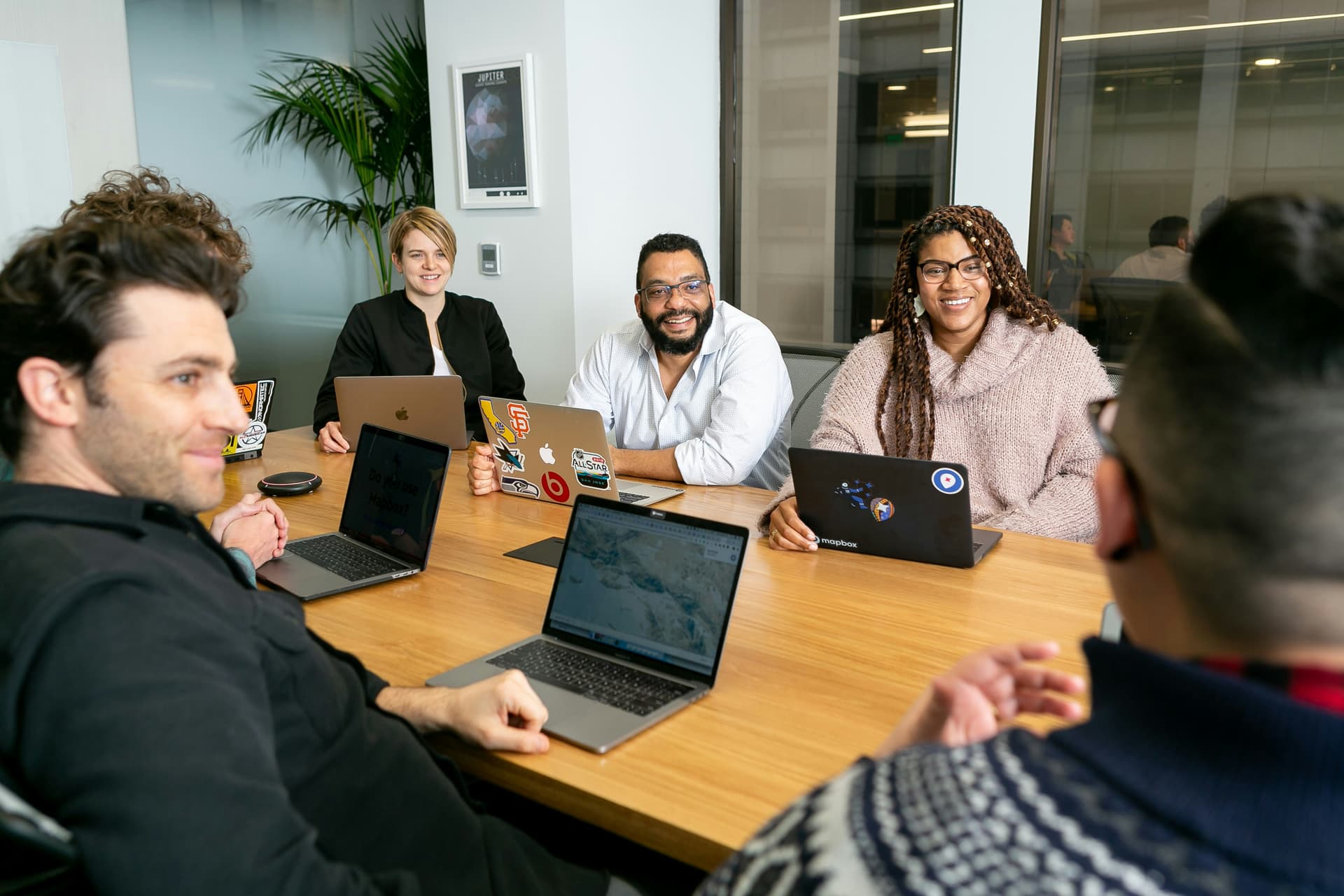Why Shared Ownership Resonates
Drawing from research and personal experience, here's why I believe co-ownership can change how we build.

When I first stumbled upon Shared Capitalism at Work by Joseph Blasi and his colleagues, I wasn't trying to find some revolutionary framework. I was just trying to understand why so many good projects fizzle out - not for lack of talent, but because people burn out or can't sustain momentum. What I found in that book was something that clicked immediately. It gave language to something I had felt in my gut: people work differently when they feel like they truly own what they're building.
The research was staggering. In study after study, companies that shared ownership through profit-sharing, stock options, or employee ownership outperformed those that didn't. Performance premiums of 4-8%. Lower turnover. Higher job satisfaction. But more than that, a culture of mutual respect and energy that comes from knowing your input actually shapes the outcome.
And it wasn’t theoretical. This was data from tens of thousands of employees across hundreds of companies. Places where shared ownership wasn’t just a perk, it was the default. Places where people didn’t just show up. They cared. They stayed. They built.
What Ownership Really Means
Ownership is often misunderstood. It’s not just about equity, it’s about mindset. A sense that your time, your ideas, your sweat, aren’t just inputs for someone else’s gain. That you’re building something that’s partly yours.
I’ve seen the flip side too many times. Friends with brilliant ideas who couldn’t find people to commit. Others who had early teams fall apart because they hadn’t figured out how to share decision-making or credit. Even in my own journey, there were moments I thought, “This would be so much easier if everyone felt like they were building their own thing, not just mine.”

The Roots of Heirloom
Heirloom came out of that tension. A realization that the future of work isn’t just remote or freelance or flexible. It’s collaborative. And that collaboration only works when people are aligned in incentives and ownership.
Our platform is a tool, sure. But behind it is a belief: when you give people clarity on what they own, you get commitment. When teams set shared expectations and distribute equity by contribution, they don’t just work harder, they work better together.
Shared ownership isn’t always easy. It takes time to establish agreements and expectations. But the alternative, chasing freelancers, misaligned cofounders, or burned-out teammates, rarely works either. Building with fairness upfront just tends to last longer.
A Movement Already in Motion
We’re not the first. Cooperatives have existed for centuries. Mondragon in Spain, where workers own and govern a multibillion-dollar enterprise. Modern DAOs experimenting with token-based governance. Startups offering employee options. The form varies. But the principle, that people should benefit from what they help build, is spreading.
And it’s not just ethical. It’s efficient. It creates buy-in. Reduces churn. Fosters creativity. That’s what the data shows. And honestly, it’s what makes me hopeful.
What Shared Ownership Asks of Us
This isn’t a silver bullet. Shared ownership requires maturity, communication, and some trust in people. But if you’re someone with an idea and a willingness to share the upside, it can be a superpower. It lets you attract better collaborators. Build faster. Stay resilient.
That’s what I want Heirloom to unlock. Not just tools, but a better norm. A cultural shift toward collaboration where the rewards are as distributed as the work.
Join the waitlist if that resonates. Whether you’re building something now or just thinking about it, shared ownership might be what keeps it alive.
Written by Brandon R.
Inspired by research, lived experience, and the belief that ownership should be shared.
More to explore
Keep reading to go deeper on shared ownership and collaborative building.

Build Together, Own Together: Why Heirloom Uses Dynamic Equity
Why we pair proposals & tasks with dynamic equity - and how it keeps incentives aligned.
Read article
Redefining Work and Collaboration: Why Now Is the Time to Build
The cultural + tech shifts that make shared ownership and co-building feel inevitable.
Read article
Heirloom Originals: Open Projects & How to Join
Jump into a Loom, meet collaborators, and start shipping together.
Read articleCollaborate with brilliant builders.
Own what you ship.
Add your project to Heirloom or join an existing team. Share what you're building, find collaborators, and keep ownership fair with dynamic equity.
Free to start • No cohort required • Keep your idea alive in public